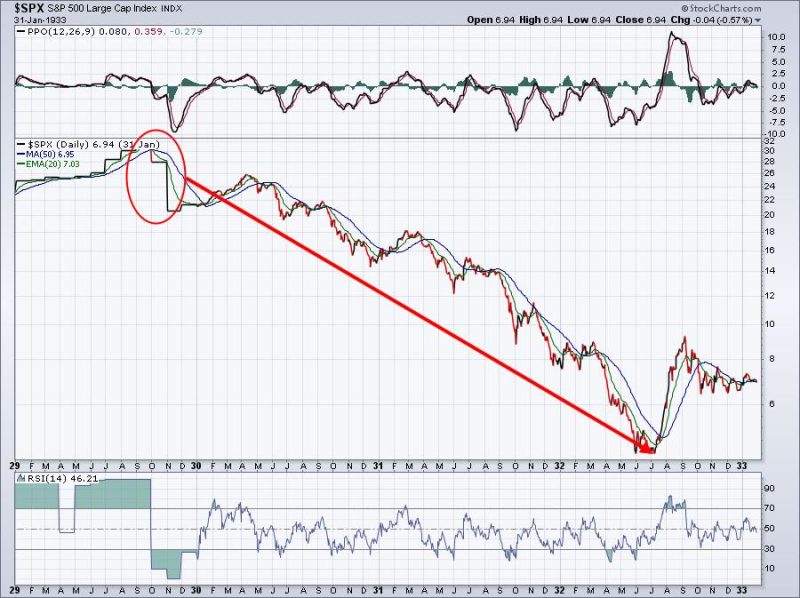The month of October has historically seen turbulence in the financial markets, with events such as market crashes and corrections leaving investors on edge. This has led to speculation and concern regarding the possibility of a U.S. stock market crash occurring in October. While there are multiple factors that could contribute to such a scenario, it is crucial to analyze and understand the current economic and market conditions to determine the likelihood of a crash.
One significant factor that could potentially lead to a U.S. stock market crash is the state of the global economy. With the ongoing trade tensions between major economies, such as the United States and China, there is increased uncertainty and volatility in the markets. Any escalation in these trade disputes or the imposition of tariffs could negatively impact global trade and economic growth, ultimately affecting U.S. stocks.
Furthermore, the Federal Reserve’s monetary policy decisions play a crucial role in shaping market sentiment and stability. Changes in interest rates, inflation expectations, and quantitative easing measures can all influence investor behavior and market dynamics. If the Federal Reserve raises interest rates too quickly or unexpectedly, it could trigger a sell-off in the stock market as investors reassess their risk tolerance and investment strategies.
The current valuation of U.S. stocks is another important factor to consider when assessing the risk of a crash. High valuations relative to historical averages could indicate that stocks are overpriced and potentially vulnerable to a correction. Moreover, the prevalence of stock buybacks and low interest rates has fueled corporate debt levels, increasing the financial vulnerability of companies in the event of an economic downturn.
Geopolitical events and uncertainties can also contribute to market volatility and potentially trigger a crash. Factors such as political instability, conflict, or natural disasters can impact investor confidence and disrupt global markets. The recent rise in geopolitical tensions in regions such as the Middle East or trade negotiations with countries like Iran or North Korea could escalate and lead to market turmoil.
While the possibility of a U.S. stock market crash in October cannot be ruled out entirely, it is essential for investors to maintain a diversified portfolio, adopt a long-term investment approach, and stay informed about market conditions and developments. By carefully monitoring economic indicators, central bank policies, global events, and market trends, investors can better navigate potential risks and opportunities in the financial markets. Regardless of the timing or triggers of a market crash, being prepared and informed is key to weathering turbulent times and preserving one’s investment portfolio.
